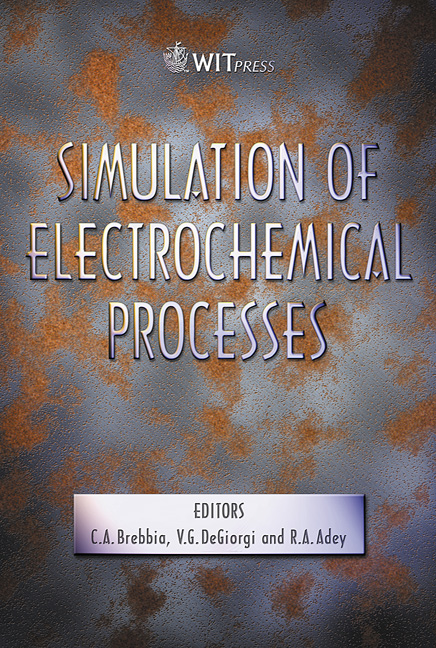Heat Transfer Analysis Of The EDM Process On Silicon Carbide
Price
Free (open access)
Transaction
Volume
48
Pages
8
Published
2005
Size
1,020 kb
Paper DOI
10.2495/ECOR050161
Copyright
WIT Press
Author(s)
R. Mahdavinejad
Abstract
The Electro discharge machining (EDM) process is based on the generation of a plasma channel, its growth and the creation of a boiling crater on the workpiece surface. Material removal is mainly due to the presence of thermodynamic forces. Therefore, the process is under the influence of the heat transfer behaviour of the plasma channel and the workpiece. In the heat transfer mechanism, heat conduction is known to be the main major mode. Besides, there is another heat source within the silicon carbide body due to its electrical resistance and it results in Joule Heating. The physical properties of SiC material such as its electrical resistance and thermal conductivity are highly affected by temperature. This paper deals with the solution of the heat conduction and voltage drop equations within the workpiece in a cylindrical coordinate system on a finite cylinder regarding the circular plasma heat source. The finite difference method is used to solve these equations. Calculations show that voltage drops within the SiC body are higher than ones expended on the workpiece surface by a plasma channel. Results also show that an increase in discharge current increases the voltage drops and heat generation within the workpiece body while affecting deeper areas. Keywords: heat transfer, electro-discharge machining, silicon carbide, plasma channel, finite difference. 1 Introduction Silicon Carbide (SiC) is the fourth hardest material in the world only after diamond, Boron nitride and Boron carbide. It is widely used in industry due to its special specifications as described in Table 1. Its high hardness, low conduction of electricity and heat, and also good heat shock resistance which make it suitable for use in furnace as heat-element, in
Keywords
heat transfer, electro-discharge machining, silicon carbide, plasma channel, finite difference.





